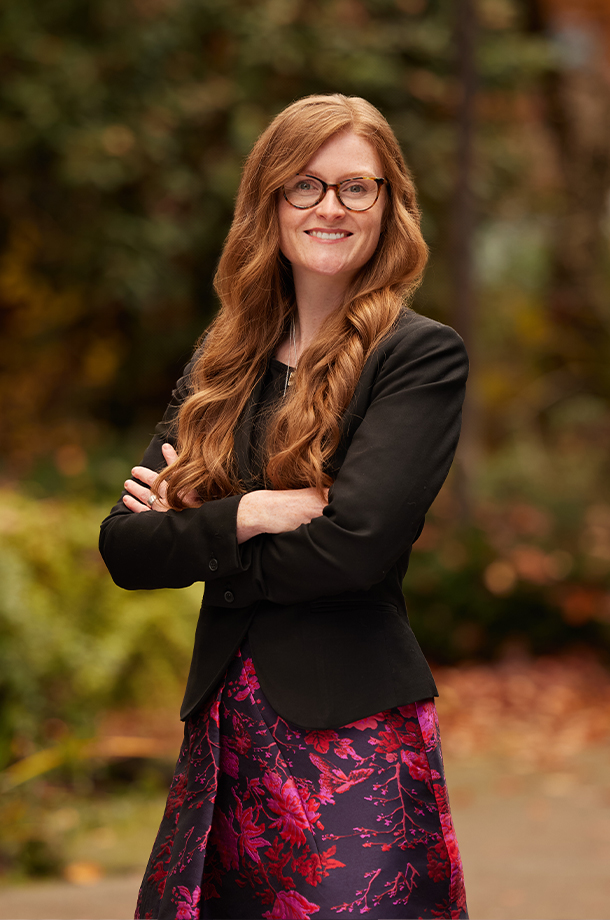
Clark Wilson’s Estates & Trusts lawyers Mark Weintraub, Q.C. and Polly Storey‘s article, “Binding The Will-maker’s Conscience: Is it Time to Use the Good Conscience Substantive Trusts in Wills Variation Cases?” was featured in the May issue of The Advocate.
The constructive trust has been recognized by the Courts as a judicially-created concept that may be imposed “whenever justice and good conscience require it”. This article explores the potential application of the constructive trust, as a flexible tool of equity, in the wills variation context in British Columbia.
Wills variation legislation has been recognized as being part of the Province’s web of social welfare legislation. It requires will-makers to make adequate, just, and equitable provision for their surviving spouses and children, and provides the Court with jurisdiction to make changes to a Will where a will-maker has breached their legal and moral obligations. Estate planning and litigation practitioners have long been aware, however, that notwithstanding the remedial and social welfare purpose of this legislation, the Court’s reach in wills variation proceedings can be cut short by transactions undertaken by a will-maker during their lifetime. The will-maker may strip their estate of any assets by, for example, transferring assets into joint tenancy or settling assets into trusts during their lifetime. In such cases, even where the law would otherwise favour varying the Will of a deceased person, there may not be any “estate” from which to craft a remedy.
The Courts have acknowledged that such planning is permitted under the existing legislation. But what of cases where there is evidence of circumstances that would shock the Court’s conscience? What of the case where, for example, a will-maker who has perpetrated abuses against their spouse or children for many years seeks to evade their final opportunity to act as a judicious spouse or parent by removing from their estate any assets that could satisfy a wills variation claim? What of the will-maker who seeks to avoid their obligation to make adequate provision for their child because, for example, they do not agree with the child’s sexual orientation, gender identity, or religious affiliation? In this article, we seek to explore whether the “ancient and eclectic institution” of the constructive trust may provide a remedy for meritorious wills variation claimants whose rights have been deliberately undermined in circumstances that would shock the conscience of contemporary society.
You can read Mark and Polly’s full-length article in The Advocate here.




